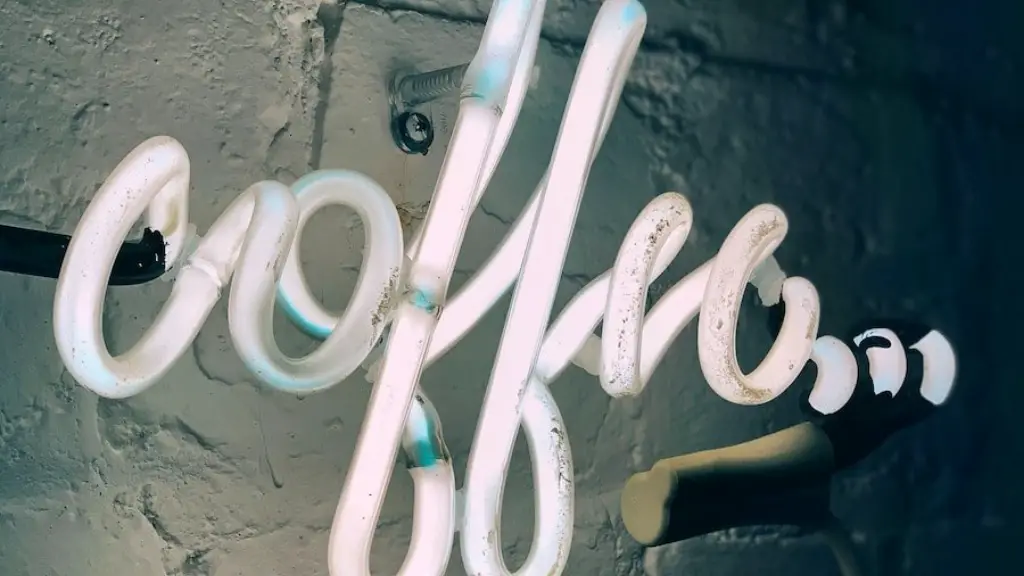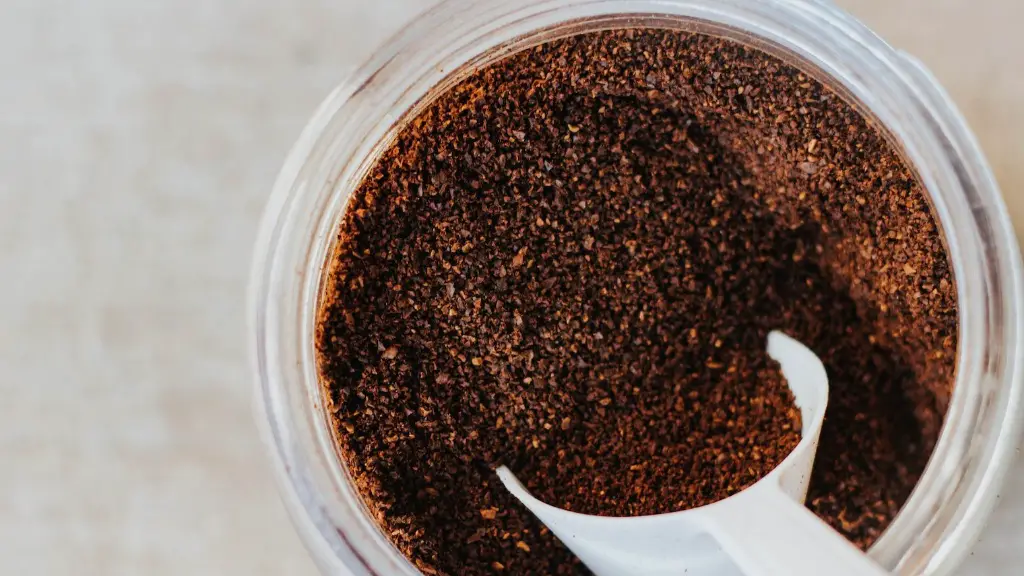Intermittent fasting is one of the most popular nutrition strategies in recent years, as it promises to make fat loss easier and more effective. Many of those who practice intermittent fasting swear by it, as they’ve experienced positive results. But there are certain confusion and misconceptions surrounding it, and many people wonder if they can consume coffee while following this dietary approach.
Coffee is one of the most widely consumed beverages in the world, and its popularity keeps growing with each passing year. Coffee boasts many beneficial properties, especially when consumed in moderation – it can boost energy levels, help improve mood and focus, and even elevate fat burning. So, naturally, the question arises – can you drink coffee while intermittent fasting?
The answer is – yes and no. First of all, it is important to understand what intermittent fasting is and how it works. Intermittent fasting refers to an eating pattern in which you cycle between periods of eating and fasting. Generally, people practice a 16/8 version of intermittent fasting in which they fast for 16 hours each day and eat all of their food in an 8-hour window. During fasting periods, most people refrain from consuming any foods or drinks with calories, such as coffee. However, there is now evidence pointing to the fact that you can have coffee during fasting periods.
According to research, beverages like black coffee, green tea, and herbal tea can be consumed during fasting without impacting your fat loss results. These beverages don’t contain any calories, so they don’t break your fast. They also act as appetite suppressants, which can help you adhere to your fasting schedule easier. Furthermore, they can provide the energy and mental clarity you need to get through your fasting window without feeling weak and foggy-headed.
However, it’s important to note that not all types of coffee are suitable for fasting. If you’re trying to adhere to an intermittent fasting schedule, you should only have black coffee and avoid adding any cream, sugar, or other calorie-rich ingredients. Also, you should avoid going overboard with coffee consumption, as too much of it can cause nausea, headaches, and other side effects.
In conclusion, coffee can indeed be part of a successful intermittent fasting experience. However, it should be consumed in moderation and without any additives except for a splash of milk or a teaspoon of coconut oil. Additionally, you should pay attention to the timings of your coffee consumption and drink it only at certain times — as soon as you wake up, before your workout, or before you break your fast.
Caffeine and Blood Sugar
It should also be noted that drinking coffee while on intermittent fasting could negatively affect your blood sugar levels. Caffeine can cause your blood sugar levels to drop, which is why it’s important to be aware of how your body reacts to caffeine. If you’re prone to low blood sugar levels, you may want to consider avoiding coffee during periods of fasting, as this could be dangerous.
Another thing to consider is that caffeine can dehydrate you. This can cause your energy levels to drop and can even disrupt your sleep. To minimize the effects of dehydration, you should try to drink plenty of water throughout the day, both when you are in your eating window, and when you are in your fasting window.
Finally, it’s important to mention that caffeine can have a stimulating effect, which may not be ideal during periods of fasting. Too much caffeine in your system may make it harder for you to relax and get adequate rest, which can impair your overall health and wellness. So, it’s important to take these factors into account when deciding whether to have coffee while on an intermittent fasting schedule.
The Benefits of Intermittent Fasting and Coffee
Still, there are many benefits to drinking coffee while intermittent fasting and these should be taken into consideration as well. One of the main benefits is that coffee can boost your metabolic rate and this can help with fat metabolism. Furthermore, coffee can also lower food cravings and reduce your appetite throughout the day, which is beneficial for those trying to lose weight. Additionally, coffee can help improve energy levels, mental clarity, and mood.
Coffee also boasts other health benefits. It’s a rich source of antioxidants, which can help fight oxidation and promote a healthy body. Additionally, coffee can help protect the brain and minimize the risk of certain neurodegenerative diseases. Finally, it’s important to mention that coffee may reduce the risk of developing certain cancers, as well as heart disease.
The Bottom Line
When it comes to drinking coffee while intermittent fasting, it is important to consider both the risks and the benefits. Coffee is a great caffeinated beverage that can provide many health benefits, but it should be consumed responsibly and in moderation. Furthermore, it is important to pay attention to how your body reacts to caffeine and adjust your intake accordingly, as well as make sure to drink plenty of water throughout the day. Ultimately, it is up to you to decide whether you should drink coffee during your fasting window or not, but always keep in mind the potential risks.
Alternatives to Coffee
For those who don’t want to drink coffee while intermittent fasting, there are plenty of alternatives. Tea is a great option, as it has many health benefits and contains fewer theine than coffee. Green tea and herbal teas are especially good options. Additionally, you can drink things like bone broth, apple cider vinegar, and other low-calorie beverages during your fasting periods. Just make sure to avoid anything that contains sugar or other calorie-rich ingredients.
It is also important to keep in mind that intermittent fasting isn’t just about drinking beverages. It’s a lifestyle that involves more than just restrictions. To make the most of your intermittent fasting experience, you should also focus on eating nutritious, whole foods during your eating window and getting adequate rest during your fasting window. Doing so will help ensure that you are able to reap the maximum benefits of an intermittent fasting lifestyle.
Fasting State Benefits
It’s also important to note that there are several benefits to being in a fasting state. Research has found that fasting can reduce inflammation, improve insulin sensitivity, and even extend lifespan. Additionally, fasting can help reduce oxidative stress, which is believed to be linked to the development of certain diseases.
Additionally, fasting can help your body reset and regenerate. Fasting can help the body detoxify itself, as it eliminates toxins and waste products that have built up in the body over time. This can help your body feel refreshed and energized, as well as improve overall health and well-being. Finally, it’s important to mention that fasting can help improve mental clarity and focus, which can be especially beneficial for those who want to remain productive while intermittent fasting.
Conclusion
In conclusion, there are several reasons why you may or may not want to drink coffee while intermittent fasting. Ultimately, it is up to you to decide if it’s something that you are comfortable with or not. However, it is important to take into consideration the potential risks and benefits, as well as keep in mind the alternatives that you can use to stay energized, focused, and productive.




